ICNARC report on COVID-19 in critical care
<p>This report presents analyses of data on patients critically ill with confirmed COVID-19 reported to ICNARC up to 4pm on 16 April 2020 from critical care units participating in the Case Mix Programme
<p>This report presents analyses of data on patients critically ill with confirmed COVID-19 reported to ICNARC up to 4pm on 16 April 2020 from critical care units participating in the Case Mix Programme
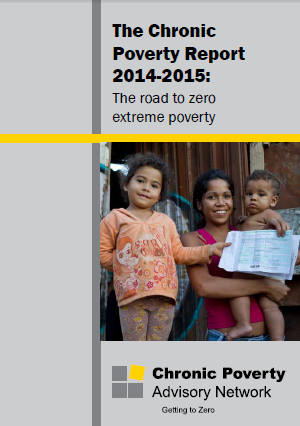
The world is on the cusp of agreeing new global goals to succeed the Millennium Development Goals (MDGs) as we approach the 2015 deadline for their achievement. While the MDGs have certainly fuelled progress

This report presents a series of lessons on good practice and innovative approaches for urban risk management, preparedness and response programmes learnt from Kathmandu Valley case study. The report covers
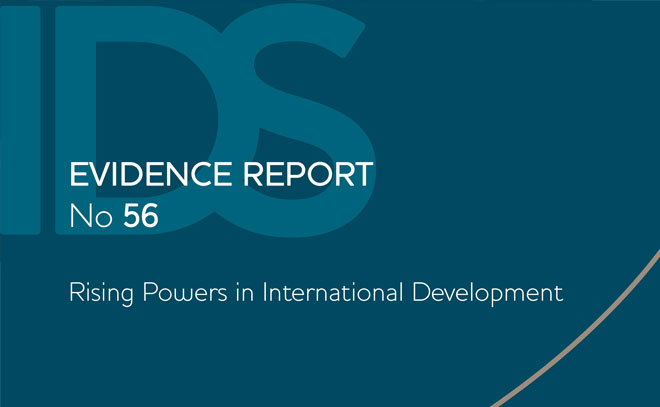
The years since the UN Framework Convention on Climate Change (UNFCCC) was signed in 1992 have been marked by rising concern about the climate problem, given that emissions have continued to rise and atmospheric
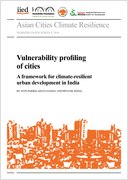
This working paper presents a holistic approach for how a city can customise its rapid vulnerability assessment in order to understand what is required for building climate resilience. The framework can
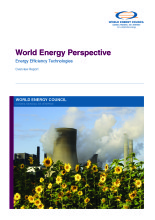
This report summarises the outcomes of a pilot project launched by the World Energy Council Knowledge Network on Energy Efficient Technologies. This work, focused on technologies, complements the well-established WEC work on Energy Efficiency Policies and databases on Energy Efficiency Indicators and Policy measures.
Christian Aid publishes a report showing the devastating effects of climate change, with communities worldwide, particularly in worst hit poorer countries, being forced to change their way of life. While
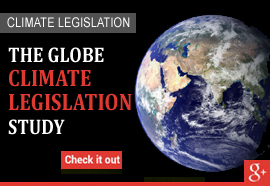
This comprehensive audit of climate legislation across 66 countries together responsible for around 88% of global manmade greenhouse gas emissions was launched at the 2nd GLOBE Climate Legislation Summit held at the Senate of the United States of America and at the World Bank, Washington D.C. See this package for the study, related policies and documents.
A set of Guidelines on ‘Integrating science into humanitarian and development planning and practice to enhance community resilience’ has been developed by Melanie Duncan at University College London in
The first 24 hours of a child's life are the most dangerous, with more than one million babies dying each year on their first and only day of life, according to this new report published by Save the Children. Says that one half of first day deaths around the world could be prevented if the mother and baby had access to free health care and a skilled midwife.
This survey is published twice yearly that compares the prices of over 400 items across 160 products and services. These include food, drink, clothing, household supplies, home rents, recreation, transport,